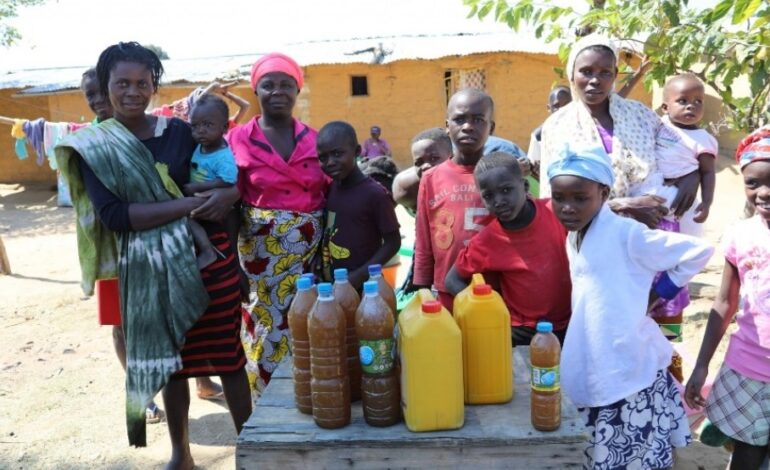
Avellon Williams
TRINIDAD AND TOBAGO – In his address to the Fifth Least Developed Countries (LDC5) Conference in the General Assembly Hall, United Nations Secretary-General António Guterres elaborated on inequalities, hunger, poverty, weak infrastructure, competition for limited resources, insecurity, and conflict as major impediments afflicting these countries.
In the Doha Programme of Action (DPoA), an eighth of humanity lodges its hopes, dreams, lives, and livelihoods. He emphasized the fact that the DPoA provides “lifelines” to aid short-term recovery in LDCs, the achievement of the Sustainable Development Goals (SDGs) in the medium term, and the capabilities to “develop and prosper” over time.
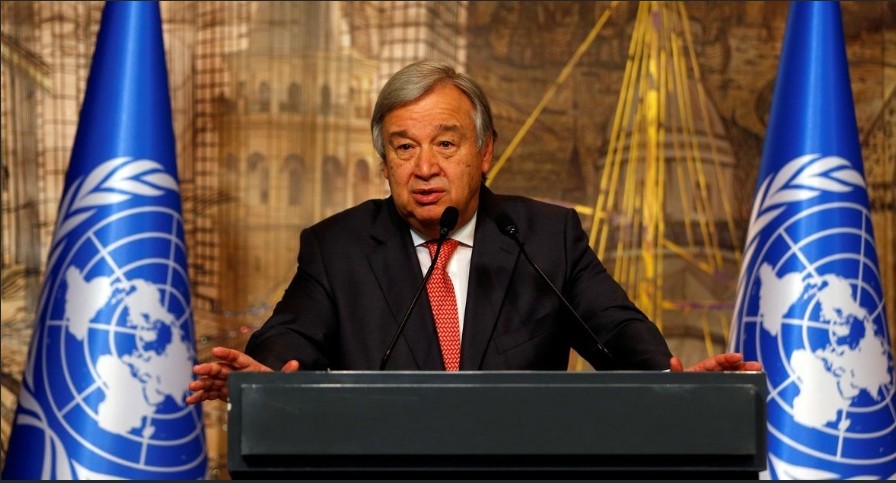
RESTRUCTURE THE GLOBAL FINANCIAL SYSTEM
According to the top UN official, developing countries should invest in sectors that reduce poverty and improve resilience, such as job creation, social security, food security, universal healthcare, quality education, and digital connectivity.
However, he added that development-related problems LDCs face are due to a “morally bankrupt global financial system,” designed by the rich and powerful to benefit themselves and that sustain inequalities, rather than fostering development.

The UN chief asserted that this must change, noting that LDCs require “urgent debt relief, restructuring, and cancellation, in some cases”.
He said they should have low borrowing costs, be protected from crises, and have more liquidity. The world needs a fair tax system to combat illicit financial flows in order to reinvest some of the massive pockets of global wealth in the people and countries that need it most, said Mr. Guterres.
THE STRUCTURAL TRANSFORMATIONS
Mr. Guterres noted that most of LDC’s economic growth is dependent on natural resources and extractive sectors, which are highly volatile in the short term.
They are also highly vulnerable to fluctuating commodity prices, market whims, and climate change.
Aside from these factors, they are hindered by poor education and training opportunities for workers, weak physical infrastructure, and unavailability of productivity-enhancing technology – all of which are exacerbated by COVID-19.
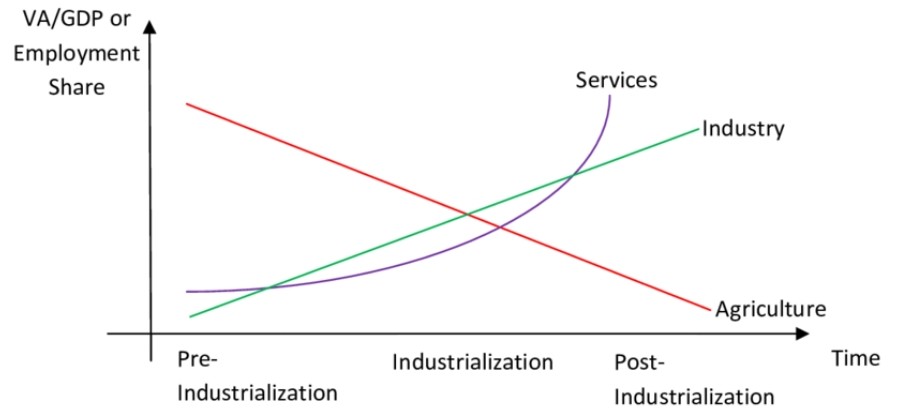
The UN chief asserted that LDCs need assistance with structural transformation now. “They need support to increase their participation in global value chains – now”.
To drive economic growth, he advocated investing in a skilled and educated workforce, modernizing infrastructure and transportation networks, creating greener jobs, and promoting “open and fair-trade rules,” so that all countries have equal chances at competing.
CLIMATE ACTION
The least developed countries are among the worst affected by the climate crisis even though they did not create it.

In his remarks, the Secretary-General referred to the latest Intergovernmental Panel on Climate Change (IPCC) report, which shows how floods, droughts, and storms have killed 15 times more people in the most vulnerable countries and regions.
“In regions of high vulnerability around the world – home to 3.6 billion people – over 100 climate risks will become more severe. Some will be irreversible,” he said.
DELIVERING ON PROMISES

LDCs require “a massive boost” in technical and financial support for a just transition to renewable energy and green jobs, and to build resilience against the damages already being experienced, Mr. Guterres emphasized, urging development banks to work with governments to “design and deliver bankable projects” urgently.
According to him, “We need to see 50 percent of climate finance going to adaptation, and reformed eligibility systems so vulnerable nations can access it,” he argued. “And developed countries must deliver on their $100 billion climate finance commitment to developing countries this year”. “Promises must turn into reality.”
ACHIEVING PEACE AND SECURITY
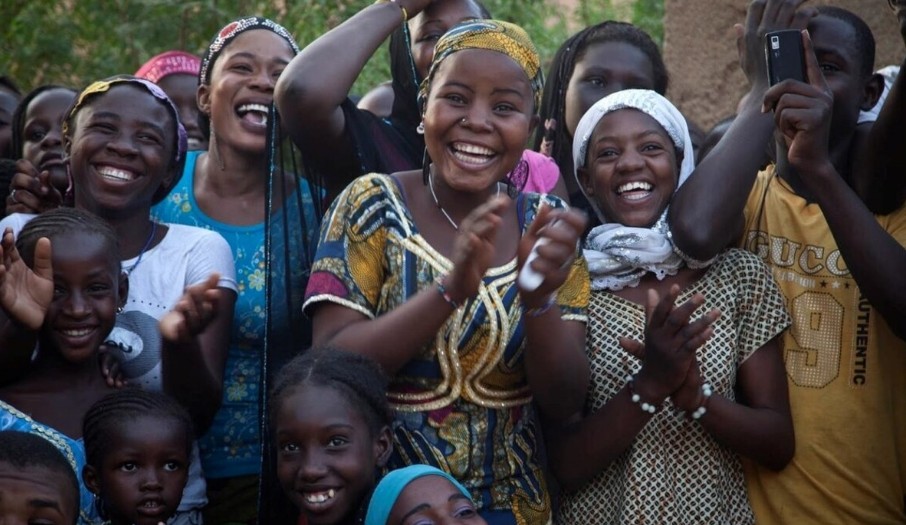
The UN chief pointed out that the majority of violent conflicts today occur in LDCs, which represent the lion’s share of the world’s conflict hotspots.
In the absence of development, peace and security cannot exist. Nor can development take hold in an absence of peace and security,” he explained. It cannot exist in countries that perpetuate historical injustices, inequalities, or systematic oppression or when basic services such as health, education, security, and justice are lacking.
In his proposal for an Agenda for Peace, the top UN official urged the global community to enact a New Social Contract that would include universal health coverage, social protection, education and training, and accessible institutions and justice systems for all.
PLEDGE OF ALLEGIANCE
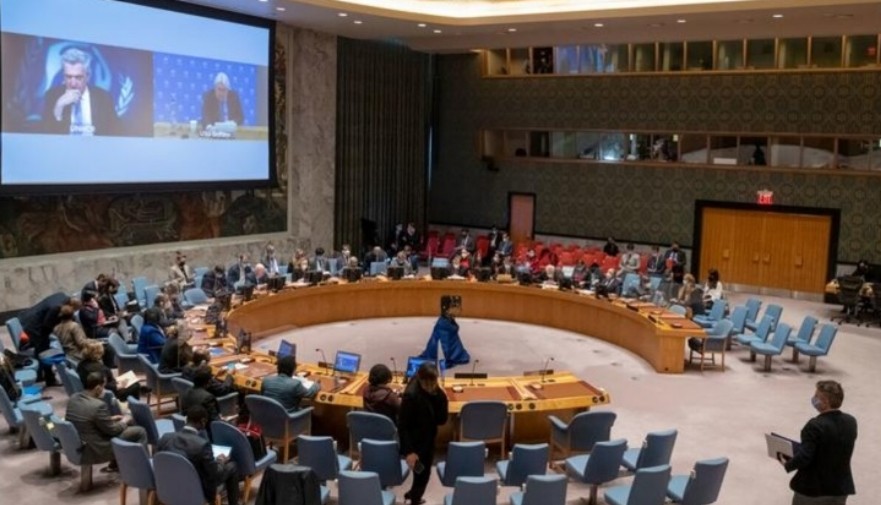
Throughout these lifelines and the entire DPoA, he pledged that LDCs could rely on the “total commitment of the entire UN system”.
Putting the needs of the Least Developed Countries where they belong is our goal, and we’re honored to be part of the journey with you,” he said. “First in our plans. First in our investments. And always first in our actions.”





Recent Comments